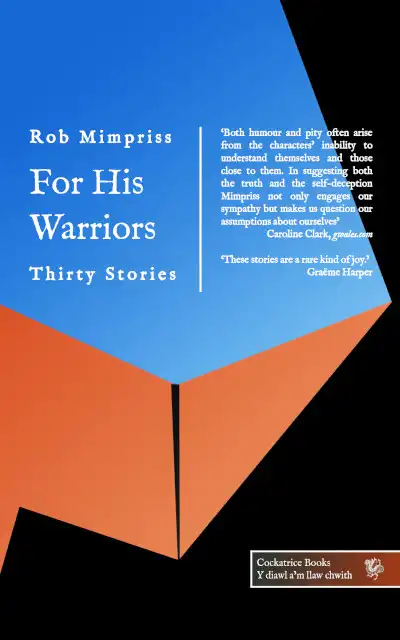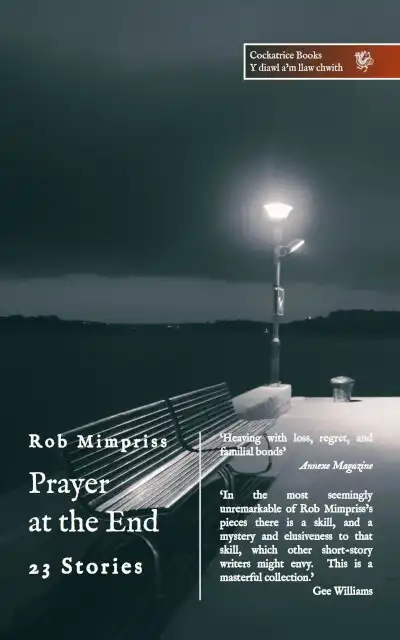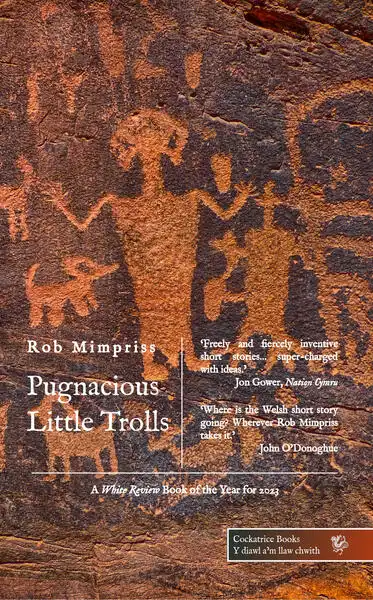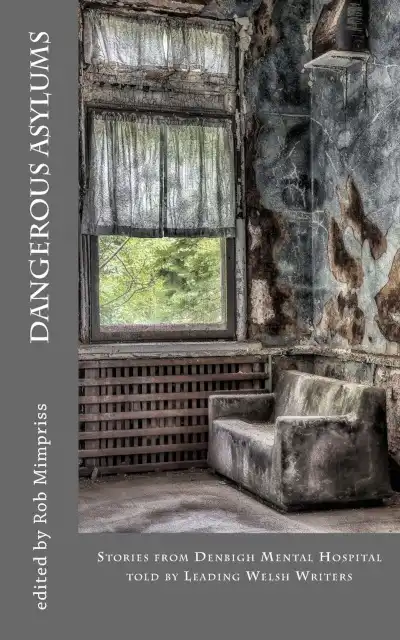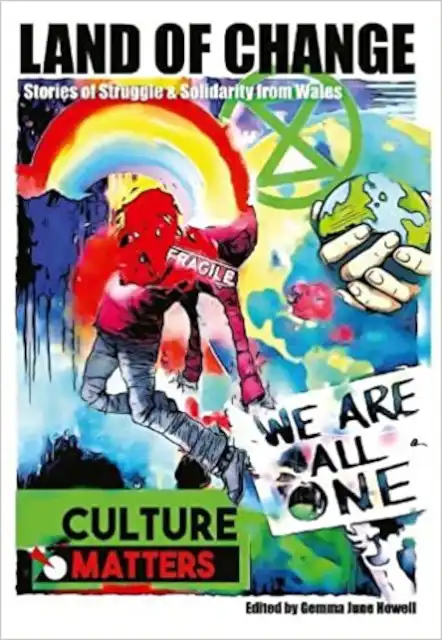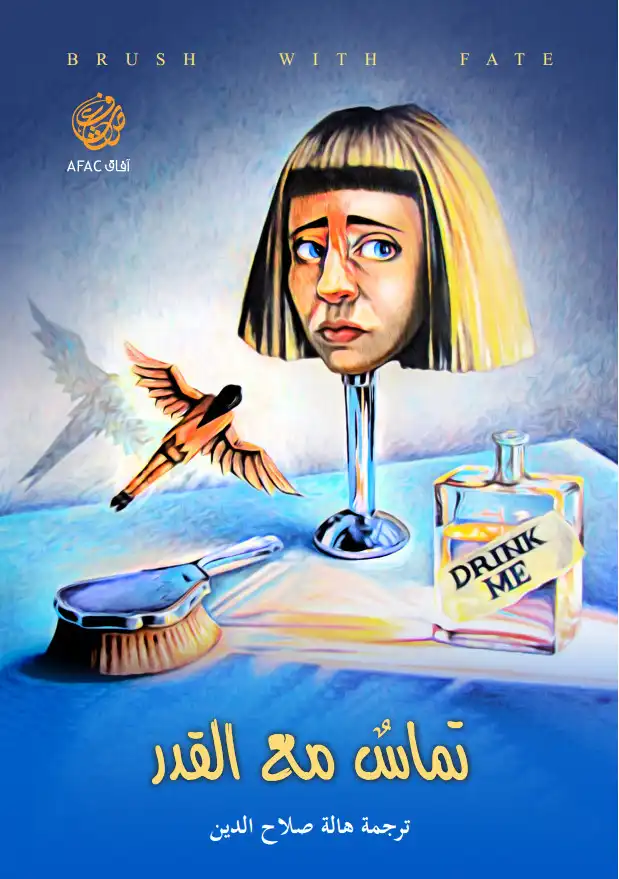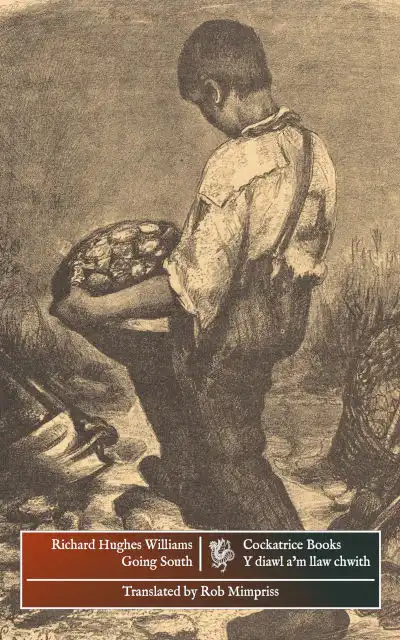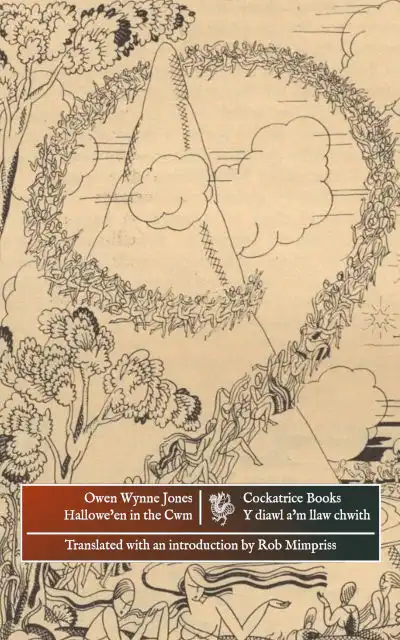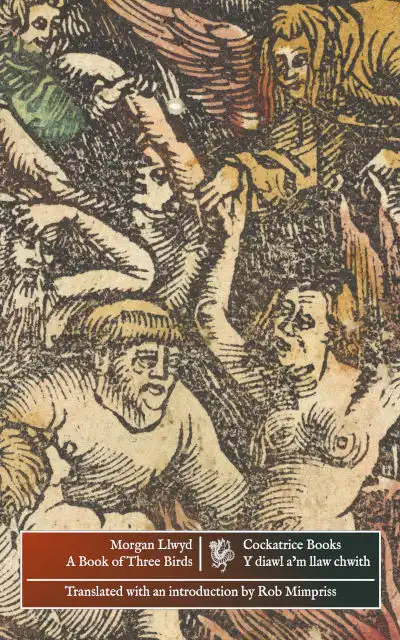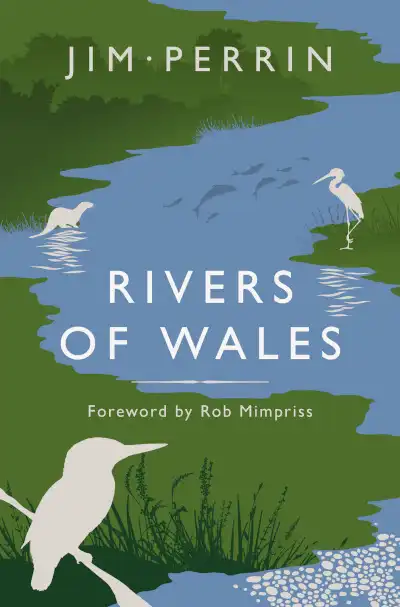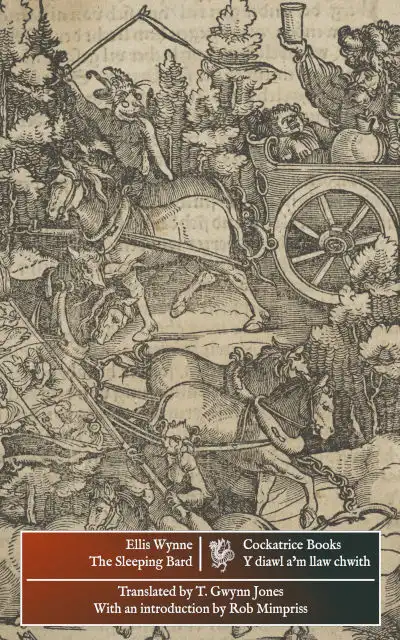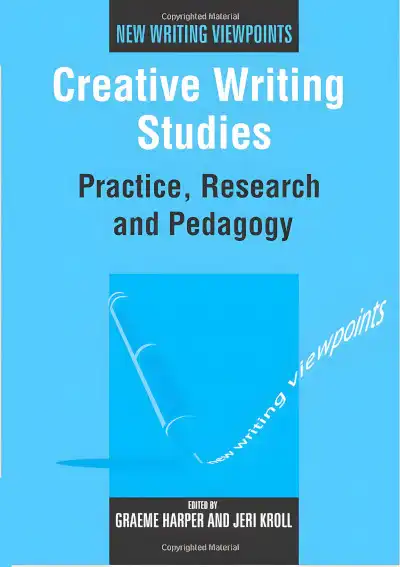Shortly after I was awarded my Creative Writing PhD, and shortly before much of that PhD thesis was published in book form, I attended a job interview with one other short-listed candidate for a lectureship in a university in the English midlands. The other — successful — candidate was witty, gossipy, charming, an excellent companion for the day, who confided joyfully in my ear that his publishers had accepted his first novel, but he doubted that anyone would be so foolish as to publish his second, that he had no experience of working in Higher Education, that he did not think he would be clever enough to do a PhD, and — after his interview, during which I heard the panel roaring with laughter — that he thought he could get into this Creative Writing malarkey. He thought it would be a bit of a laugh.
If I felt somewhat bemused by the relationship between this applicant’s talents and the qualifications they had said they required, if I found myself wondering why, if I was not kind of candidate they were looking for, they had put me to the trouble and expense of attending an interview, then these are common complaints about a decision-making process which is notoriously prone to be questioned. If they told me that ‘creative writing’ cannot be marked because it is too subjective, or that the creative writing workshop is doomed to stamp on talent and nurture only conformity, or that Creative Writing courses are a waste of time because so few of their students are published, I wondered that they used arguments against my specialty that could so easily have been used against theirs. If they asked me, at that university of some other, to confirm that I was willing to emigrate to England, if they implied that my publisher, Gwasg y Bwthyn, was less worthy of their recognition than an English publisher would have been, or if they told me that if I only write short stories it must be because I am not clever enough to write a novel, I assured myself that it was not beyond me to become a lecturer, since despite their obvious ineptitudes, they themselves had somehow managed it. And if I felt that others of the questions I was asked at this and other interviews were generally foolish, if I felt that interviewing panels composed of literary critics were ignorant of the subject for which they were recruiting and uncertain of their reasons for engaging with it, if I felt that they had often misunderstood the relationship between their discipline and mine, or if I suspected that some institutions actively preferred candidates who would not think about the Creative Writing discipline too deeply, or demonstrate such abstract intelligence that existing hierarchies of study might be threatened, then this was not a problem so severe as to drive me from the profession, nor so avoidable that I have not encountered the same misunderstandings since.
Moreover the day I spent in this applicant’s company gave me no cause to doubt that he could make a contribution to his students or to the life of their institution. When I encounter students I taught twenty years of more ago, when they remind me of things they claim I said that inspired or helped them, then these are not necessarily things I recorded in my lecture notes, or even remember saying at all, while the lecturers and tutors who most helped me did so by the attitudes they embodied as much as by the actual skills they taught. And I doubt that it is so much that the interview panel failed to identify, as that they actually preferred, his lack of seriousness. If I said on that day, or on some other, that both a well-crafted seminar and a well-crafted poem could serve as a metaphor for a well-crafted life, that the skills learned in the lesser task could be applied to the greater, if I explained that I was inspired in my teaching by practitioners like John Gardner, for whom the ego is laid aside in artistic pursuit which is indistinguishable from the mind’s most earnest pursuit of truth, then perhaps students found a freedom to experiment and play under this applicant’s instruction who would have found my seriousness stifling.
This candidate had — I see no reason to doubt it — qualities to bring to his rôle. The less said about Liz Truss or Nadine Dorries the better.

